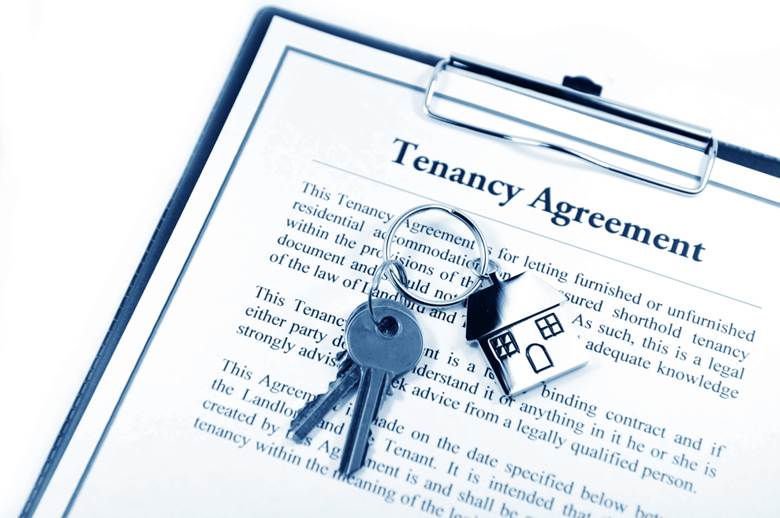
Are you renting out commercial property and hoping for the best? Not paying attention to what’s going on? If so, you may have to deal with unruly tenants. They may not pay the rent.
Not giving them what they want may cause problems. This can include destroying your property, refusing to leave, and causing injury for harming someone. You may have to deal with police and court cases if you’re on your own.
Not sure how to handle things? Here are some landlord tips for commercial landlords that you may want to know.
1. Know Your Responsibilities as a Commercial Landlord
Make sure that you have all necessary permits and licenses and that they remain up to date. You should also thoroughly investigate prospective tenants and be sure to use a written rental agreement. This should specify the terms and conditions of tenancy, and both parties should sign and keep a copy.
You should also get into the habit of regularly inspecting the property and keeping detailed records. Ensure tenants are aware of any safety requirements, such as:
- Smoke detectors
- Fire alarms
- Emergency exits
- And they are fulfilling their obligations
2. Screen Your Tenants Carefully
First, start by evaluating each applicant to make sure they are a good fit for the property. Run a credit check to see what kind of financial responsibility they exhibit, as well as any criminal history that may raise flags. Next, double-check references and contact employers to verify current and past employment.
Ask potential tenants to provide documents such as bank statements and personal identification to further verify identity and background. Finally, understand tenant laws so you are aware of your responsibilities as a landlord and properly document the rental agreement.
3. Set Clear Expectations from the Beginning
This can be done in several ways. First, write a clearly worded lease agreement that is fair for both parties and make sure all parties sign it. Second, discuss any special rules or regulations that you may have for the leased property, such as hours of operation or parking restrictions, before signing the lease.
Third, clearly communicate rental payments, late fees, and security deposits. Fourth, provide a written list of all the property’s systems, such as electricity, plumbing, or appliances, and their expected maintenance requirements. If you’re a commercial landlord with a lease issue that you need help navigating, contact attorneys for lease disputes for advice and guidance.
4. Keep Communication Lines Open
Building positive relationships with tenants can make it easier to manage the facility and assist in challenging times. Regularly communicate with tenants to establish an understanding of their needs and expectations. Provide regular updates on progress and potential changes to the agreements between the landlord and tenant.
Like all business relationships, it is important to maintain an open dialogue. A courteous and professional attitude should always be shown to tenants. Additionally, offering help and assistance where needed can be beneficial for both.
Landlord Tips to Ensure Tenant Satisfaction
In conclusion, commercial landlords should take advantage of any and all helpful tips and advice provided. This can help to ensure a successful commercial tenancy relationship for both the landlord and tenant. By taking the time to properly plan, research, and discuss important topics with your tenant, you can create a positive atmosphere for both parties. It’s time to get started now!
We specialize in commercial real estate and have tons of helpful information on our site. Check out some of our other articles now!






